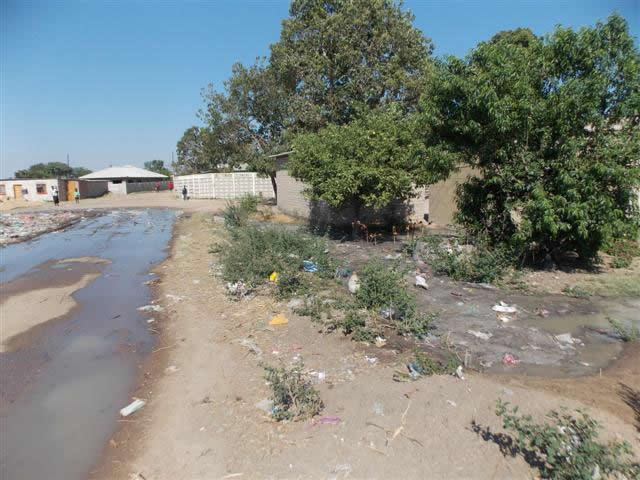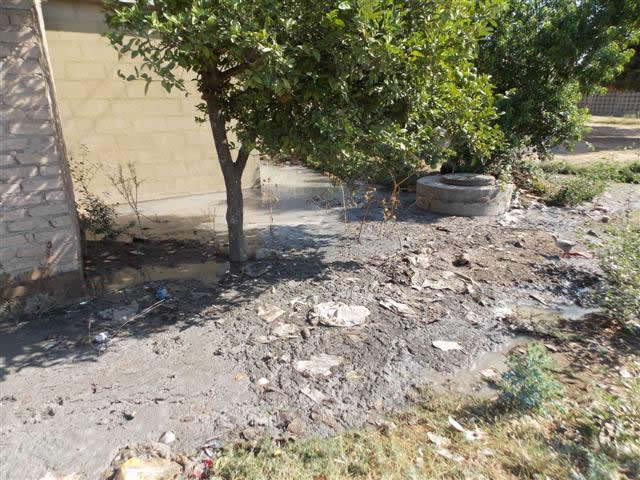Activism as a way of life
Wednesday, October 23rd, 2013 by Lenard KamwendoSome people become activists through passion while some find themselves on the streets because they are just tired of getting screwed by the system. When Martin Luther King took to the streets he wanted to share his dream of a society where race was not an issue. The general socio-economic and political conditions we now live in demand action and solutions to our day to day needs. Every time we turn on news channels its about protests and uprisings as more and more people continue to demand solutions to contemporary problems affecting them.
South Africa was recently dubbed “the protest capital of the world” as the streets have become permanent homes for activists. Living in a world faced with a lot of injustice and inequality mainly driven by greed, profiteering and ignorance, calls for a collective effort from everybody. Activism is about affecting social change and championing a cause whether big or small. Small things like a change of mindset won’t even require government or big donor funding for a start and that’s the reason why we often read about the great works by Wangari Mathaai of Kenya who managed to share knowledge on environment conservation with rural communities. A young girl from Pakistan almost lost her life because she wanted other young girls in her country to have access to education. Even the young school children of South Africa became active in 1979 demanding better education. Artists as role models for the young generation have also become heavily involved in activism especially towards raising awareness on behavior change targeting drug abuse and safe sex.
Activism comes with its own challenges with many activists the world over being persecuted for championing people’s rights. Zimbabwe is one such country where activists and social movement groups have been labeled enemies of the state. A crack down on dissenting voices has resulted in many people shying away from being active in the community on issues that affect them due to fear.
One of Zimbabwe’s aspiring activists Wadzanai Motsi was awarded the prestigious Thomas J. Watson Fellowship and she conducted research on youth’s contributions to activism. At a Food for Thought session hosted by US Embassy Public Affairs section, Wadzanai and Ruvheneko Parirenyatwa shared their experiences on various forms of activism and the different ways each person can contribute to make the society we live in a better place.











